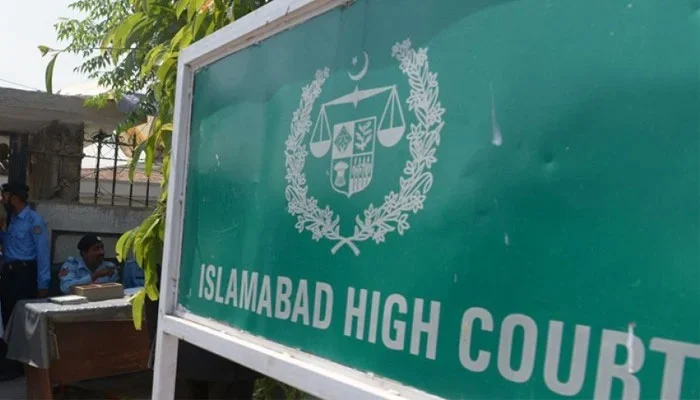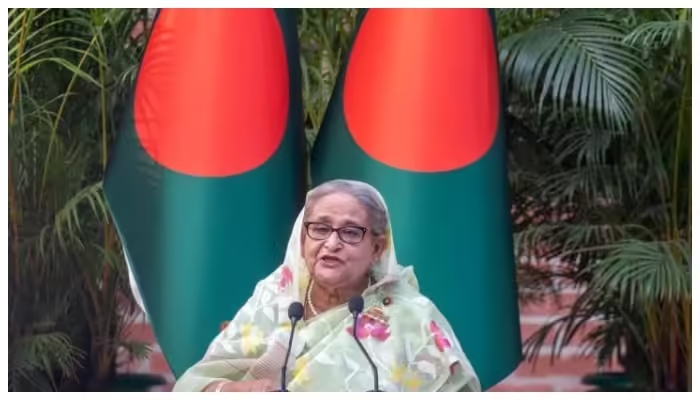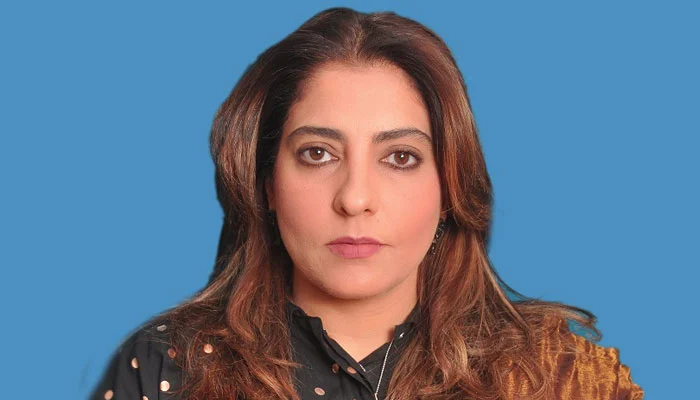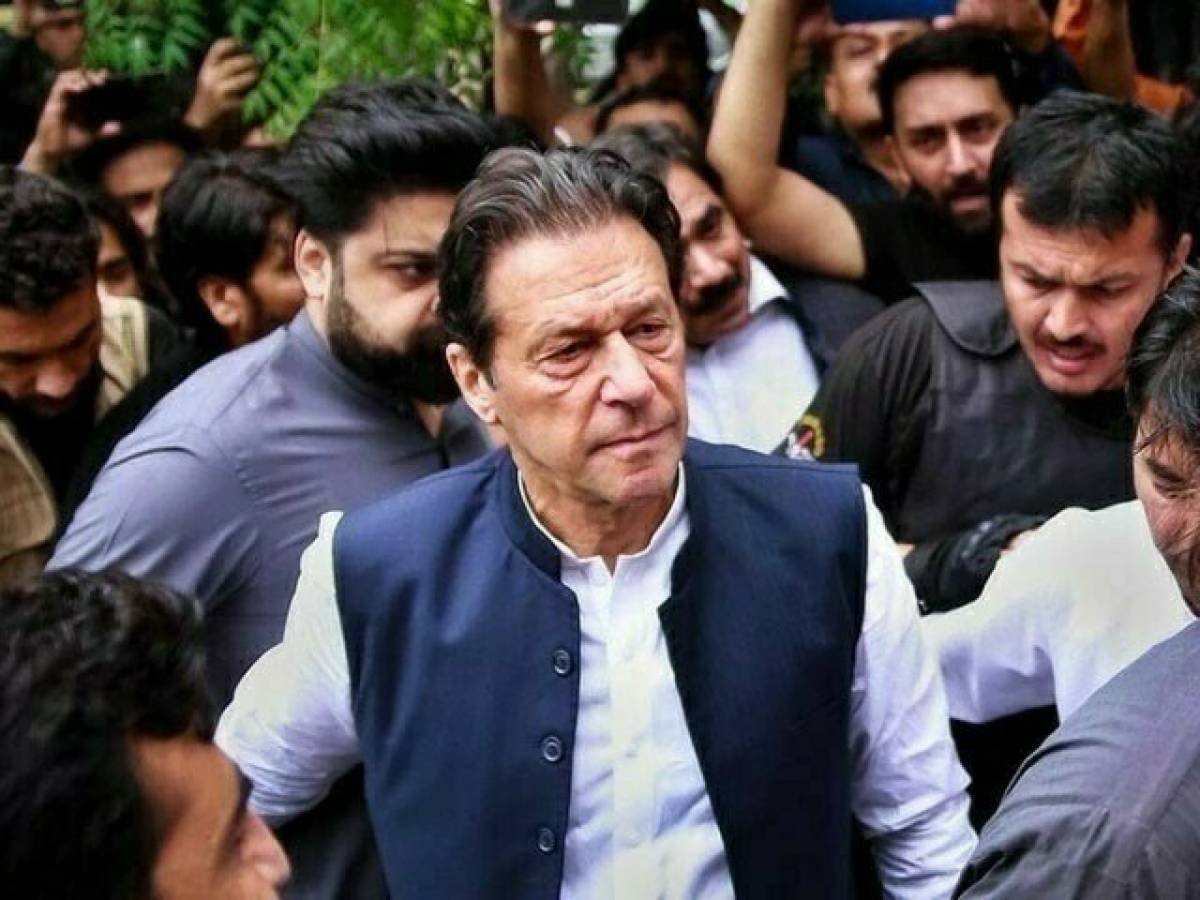In a recent development, Pakistan’s Ministry of Defence has informed the Islamabad High Court that there is no role for them in the audio recordings presented as evidence in an ongoing case. They asserted that no recordings are available related to the current case. This revelation has added further intrigue to a case already shrouded in controversy.
The court had previously demanded detailed responses from the Ministry of Interior and the Pakistan Telecommunication Authority (PTA) concerning the authenticity of the audio recordings. In the absence of satisfactory responses, the court had warned that intelligence agencies might be directly tasked with investigating the matter.
Notably, the parliamentary committee headed by Najam ul Saqib has extended the deadline for a month for the government to provide detailed answers regarding the case. This extension suggests the seriousness with which the committee views the case, as it delves into the matter with scrutiny.
Justice Babar Sattar, in his remarks, emphasized that nobody should have the ability to record conversations or have access to others’ telephone conversations without proper authorization. He underscored the importance of the federal government addressing the court’s questions directly, or else sensitive agencies would be directly called upon to provide answers.
Furthermore, Justice Babar Sattar revealed that he had received a request from the Chairperson of the PTI, Bushra Bibi, regarding phone tapping and audio leaks. This request has raised concerns about the scope and legality of surveillance activities in Pakistan.
Meanwhile, the parliamentary committee also heard a petition against Najam ul Saqib, the son of former Chief Justice of Pakistan Saqib Nisar, concerning audio leaks. The committee’s consideration of this petition reflects the wide-reaching implications of the case, which has now drawn in individuals from prominent families and backgrounds.
In a related development, the Deputy Attorney General was not present in the Supreme Court due to prior commitments. As a result, the court granted an extension of one month for Najam ul Saqib’s appearance before the parliamentary committee, effectively delaying his testimony.
The ongoing controversy surrounding the audio leaks case in Pakistan has raised significant questions about privacy, surveillance, and the role of government agencies in monitoring and recording private conversations. The extended deadline for the government’s response, coupled with the involvement of high-profile individuals, indicates that this case is far from reaching its conclusion, leaving the public and legal experts in Pakistan eagerly awaiting further developments.



